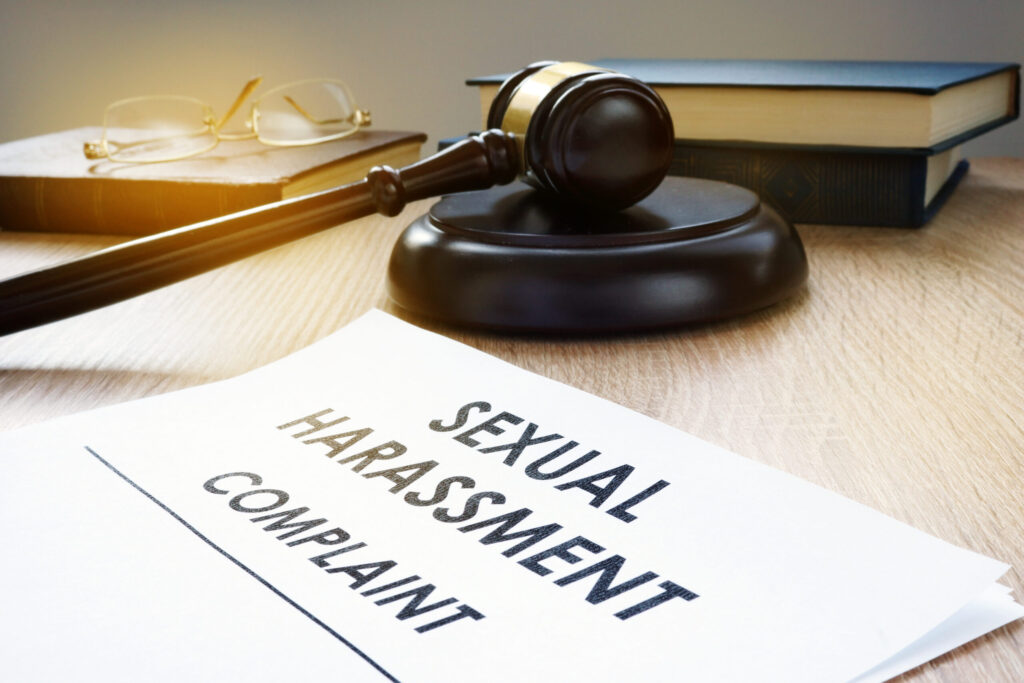“The number of investigations under the gender equity law Title IX has now reached a record high, doubling from less than a year ago, …” reports a recent Huffington Post article about open cases at US colleges and universities. Not surprisingly, in the Dear Colleague Letter on Title IX Coordinators dated April 24 of this year, the US Department of Education Office of Civil Rights (OCR) sent a reminder to all colleges and universities receiving Federal assistance. Title IX Coordinators, or designated employees appointed to ensure the school complies with the gender equity law, are mandatory.
Title IX: No person in the United States shall, on the basis of sex, be excluded from participation in, be denied the benefits of, or be subjected to discrimination under any education program or activity receiving Federal financial assistance.
Are Title IX Coordinators the answer to the growing wave of litigation on American campuses? They are certainly part of the solution, but the responsibilities inherent in the job are vast. So, here is HR Acuity’s Checklist for Title IX Coordinators – our compilation of must-haves and must-dos to ensure the role is impactful and valuable for both schools and their constituents.
Broadly speaking, our Checklist looks at three key areas: knowledge, support and protocol.
Knowledge
Understand Title IX, state-specific anti-discrimination laws and the school’s guidelines.
The primary responsibility of the designated Title IX Coordinator is to ensure compliance with the gender equity component of the Education Laws of 1972. Some states have additional laws against discrimination, and there are even Title IX State Education Agency Coordinators. A school’s Title IX Coordinator must understand the laws and their ramifications, be familiar with key case law surrounding challenges to the legislation and any state-specific laws that may impact the school’s procedures. Beyond the federal and state guidance on Title IX, each institution will have its own complaint process, and a Title IX Coordinator must understand it down to the most minor of details.
Ensure the responsibilities inherent in the role of Title IX Coordinator are clear and in writing.
The Title IX Coordinator should have definitive responsibilities and oversights, reporting lines that will not compromise his/her ability to do the job and the authority to coordinate the institution’s Title IX grievances. These duties, along with a clear reporting structure, should be put in writing. Arm your organization’s constituents with the knowledge of who the Title IX Coordinator is and means of contact, the scope of the role and the grievance process.
Support
Remain visible and be a valuable Title IX resource for your school.
The job of Title IX Coordinator will continue to grow in importance across the country. The school’s administration should actively work to maintain a high level of visibility for the role amongst faculty, staff and students. The Title IX Coordinator should be the go-to person on campus for anything related to gender equity, take opportunities to speak to constituents, organize hardcopy and digital content about Title IX and put contact details on all available materials.
Seek adequate training and authority for the Title IX Coordinator role.
The OCR requires that Title IX Coordinators be versed in their school’s policies and procedures and be involved in drafting and revising them. It further requires the Title IX Coordinator be knowledgeable concerning enrollment trends, incidents or complaints of sexual harassment and the school’s response. First steps to achieving these goals must include the appropriate authority to access relevant data and the training to glean patterns and trends from the information. Data can be unwieldy to collate, especially if the institution has multiple campuses or information technology (IT) systems, but monitoring outcomes is a key responsibility which makes thorough data collection and proper training essential.
Protocol
Establish explicit reporting protocol for allegations of sexual discrimination.
The Dear Colleague letter specifies, “The Title IX Coordinator is responsible for coordinating the recipient’s responses to all complaints involving possible sex discrimination. This responsibility includes monitoring outcomes, identifying and addressing any patterns, and assessing effects on the campus climate.” Therefore, a Title IX Coordinator should establish and review rules for the documentation and reporting of all sexual discrimination allegations, and ensure there is a methodology in place which provides the information to the Title IX Coordinator consistently, comprehensively and in a timely manner.
Compile and review Title IX data regularly.
One of the most formidable aspects to the Title IX Coordinator role is the responsibility to monitor outcomes. Thoughtfully reviewing Title IX allegations, the institutional response and the outcome of complaints gives the nomenclature of coordinator real meaning. They must make certain all relevant information is documented, track open cases through closure and identify patterns within the data. If the aggregation and compilation of the information is a labor-intensive process, the responsibility remains nevertheless.
If the role of Title IX Coordinator and the guidance outlined in the most recent Dear Colleague Letter seem daunting, they are. In large institutions, compiling and working with the case information in a meaningful way will cross into the realm of big data. In 12 Big Data Definitions, What’s Yours? Gil Press, a marketing and research consultant, suggests that big data is not just about the size of the data set, it is about the challenges and attitudes inherent in understanding what to do with it.
At HR Acuity®, we believe that the role of Title IX Coordinator will only grow in significance and visibility. As alarming as the recent statistics on open cases may be, they reflect a growing awareness on campuses and an increased understanding of the protections inherent in the law.
Knowledge, support and protocol. That’s our checklist for now, and we look forward to seeing how the role of Title IX Coordinator evolves across the higher education landscape.





